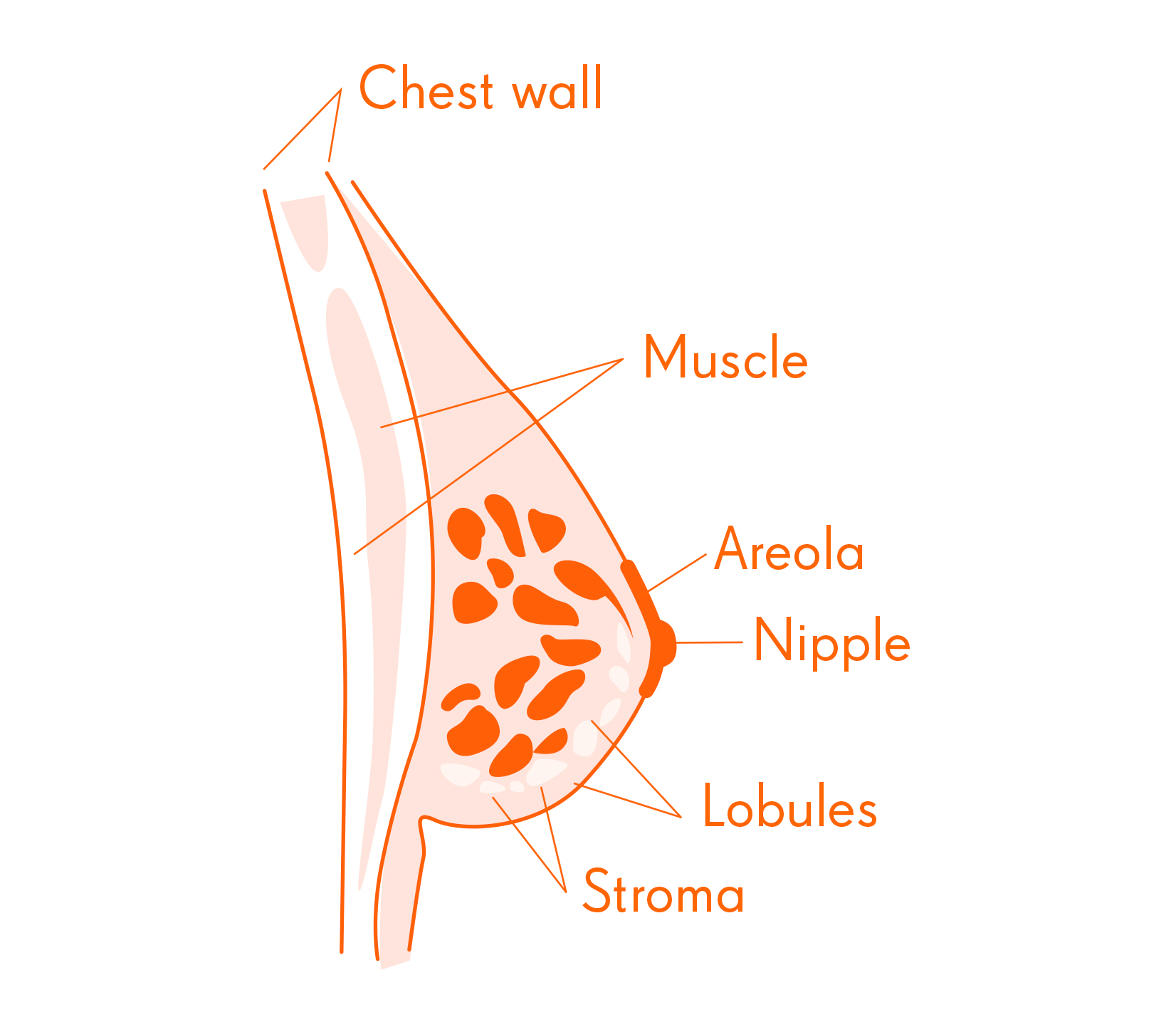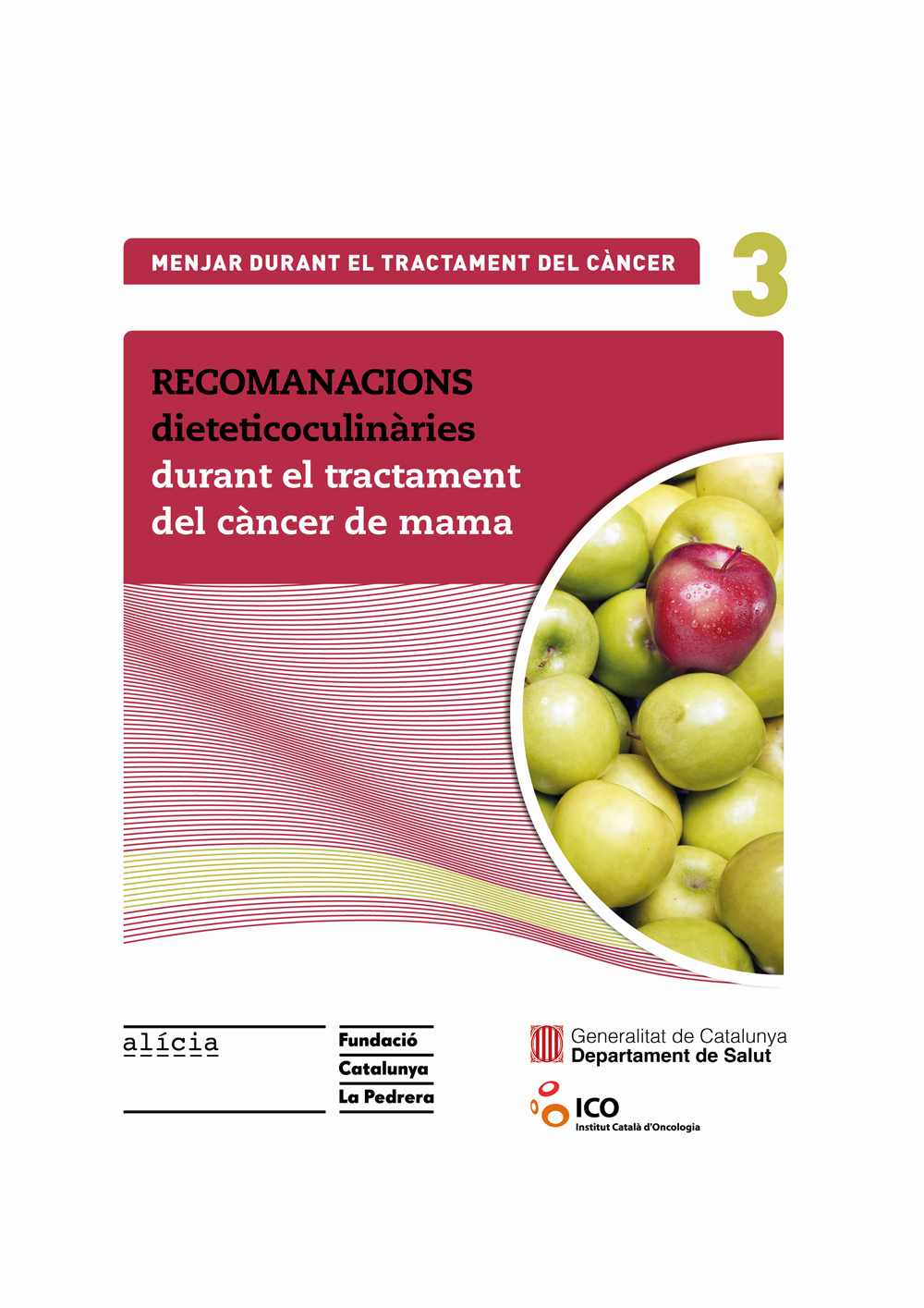Nutrition during breast cancer treatment
| Breast cancer encompasses all cancers that originate in the different parts of the breast. The type of breast cancer depends on which cells in the breast become cancerous. This occurs almost exclusively in women but can also occur in men. Although each case is different and the tolerance to treatment depends on various factors (individual characteristics, dosage, etc.), people with cancer may experience different side effects. Among others, breast cancer treatment can lead to weight gain, mainly due to hormonal disruption caused by the treatment and fluid retention. |
 |
The dietary priorities during breast cancer treatment are to maintain an adequate weight and good nutritional status to cope with the disease and recover in the best possible way.
In addition to following the “General recommendations on nutrition during cancer treatment”, with breast cancer, the following guidelines should also be followed:
- Consult the suitability of the consumption of soya, its derivatives and products that contain soy as the main ingredient, from soya as a legume, soya milk, tofu, etc. In some cases, soya or isoflavone supplements could compete with drugs that modulate oestrogen receptors, so you should always consult your oncologist in each specific case. This advice applies only to soy-based foods and not to products containing traces of soya or components used as additives.
- Limit foods high in fat, salt, and sugars. In breast cancer weight gain is common during treatment, even though food intake may be lower than usual. Limit the consumption of ready meals, processed baked goods and pastries, sweets, sugary drinks, or salty snacks, as they provide fewer essential nutrients and in turn give us more energy, which could contribute to weight gain.
- Check for food-drug interactions. In breast cancer, possible interactions have been described with plants and herbs, such as echinacea, hypericum, evening primrose oil, valerian, and grape seeds, and with foods such as grapefruit and grapefruit juice, and alcoholic beverages. Interactions with such agents may occur depending on the prescribed treatment, so it is essential to consult with a specialist on a case-by-case basis.
- Adapt your diet to the possible symptoms or side effects derived from the treatment based on the dietary-culinary recommendations set out below.
